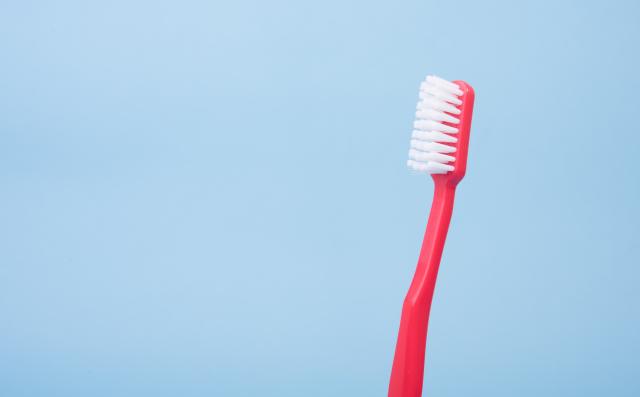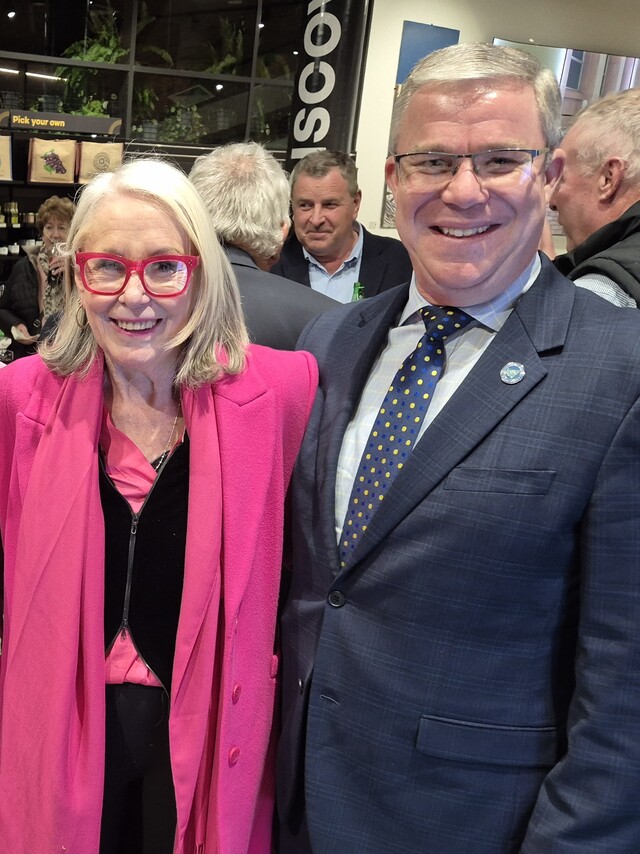With a staggering 23,000-plus people on the regional, rural and remote public dental waitlist in NSW, and private practices already struggling to find enough dentists to treat patients, the Australian Dental Association New South Wales (ADA NSW), is warning the problem will be exacerbated if payroll tax was applied to dental practice.
This could result in inflated fees, impacting patients’ ability to afford vital treatment, as costs of living pressures remain top of mind for many people according to the Association.
The Federal Australian Dental Association wrote to Premiers and First Ministers in NSW, Victoria, South Australia, the ACT and the Northern Territory last month (22 September) asking them to step in and grant the same amnesty to dentists which doctors have received.
In August NSW Opposition moved an amendment in Parliament to support medical and dental clinics, by providing time for independent contractors to align with revenue offices’ new position. The move by state revenue offices to update an interpretation of an existing law would lead to financially devastating retrospective payroll tax penalties for dentists, as well as increased dental fees and even practice closures, ADA NSW said.
The ADA NSW is urging the government to rethink new guidance which suggests dental practices operators might need to make provisions for payroll taxes of between 5.45 per cent and 6.85 per cent dating back five years. Independent contractor dentists working under a service facility agreement may be deemed employees for the purposes of payroll tax, leading to sudden and retrospective liabilities for practice operators, and uncertainties around their self-assessment.
ADA NSW estimates potentially 60 per cent of dental practices could be impacted by the new payroll tax. Dentists haven’t passed on fee increases despite rising operating costs. The ADA’s Dental Fees Survey shows that on average, fees charged by general dental practitioners increased by only about 2.14 per cent between 2017 and 2022 – a period in which inflation increased by 14.5 per cent.
Dr Kate Amos, an ADA NSW member with a Coffs Harbour based dental practice, is one such dentist concerned about the impacts of the payroll tax on regional health access. She works in a small practice with three full-time dentists and one part-time dentist.
“The waiting lists in our area are now over three months, which is just not workable when people are in pain. We have the space to take on another dentist but can’t do so because payroll tax is triggered as soon as we do and we don’t want to increase our patient fees now at a time when people can least afford it,” said Dr Amos.
Similar to general practice (GP) medical clinics, for every dentist there are usually at least two support staff, so payroll tax is triggered for a lot of clinics as soon as they three doctors or dentists.
“Many areas need more than this number to service their area, but we also know it’s better for patient care if you can combine these services and share the load rather than having three separate clinics. Until we get better clarity that the government will honour previous service and facility interpretations, our hands are tied, and the long waiting lists remain,” Dr Amos added.
In recent years the government has pushed general practice towards a group practice model that leads to better patient care outcomes and dentistry has really followed suit.
“The problem now is that the government is now turning around and penalising this same model and a lot of regional clinics that are not super huge are being hit the hardest by this. Some practices are being hit with years of retrospective tax bills because the government has reinterpreted the way a service and facility agreement is viewed,” said Dr Amos.
General medical practice and general dentistry has already been hit quite hard in recent years because our supply and staffing costs have increased significantly and we still have all of the compliance requirements of hospitals in terms of infection control, training and support, but very little government support.
The ADA NSW is calling on the government to retain the current rules and the interpretation of how they are or exclude health. This will help ease healthcare costs for patients and improve access in regional areas and encourage more oral health practitioners to serve rural and remote communities.
ADA NSW president Dr Dominic Aouad added “governments should ensure dentists are included in any consultations and adjustments to their planned approach because they are affected in the same way as GPs, and with comparable foreseeable effects on public health”.








